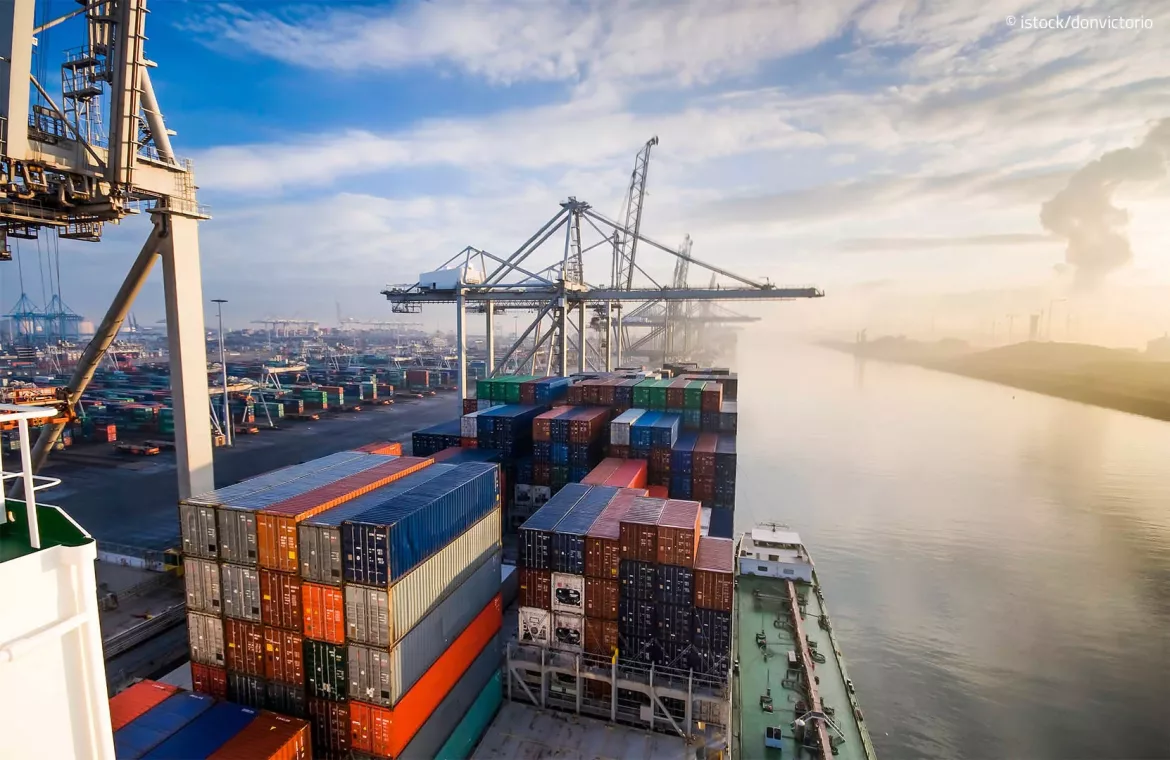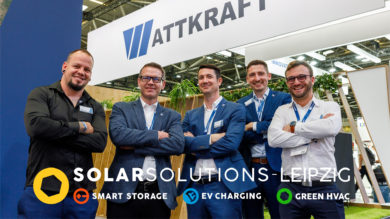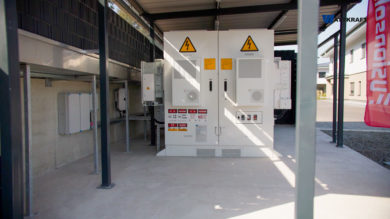In our team, we continuously analyse global supply chains and the logistics sector for our partners. Clean handling of the supply processes and compliance with our liabilities to our partners is particularly important to us, especially in a dynamic market situation. In 2022, the development of the global coronavirus pandemic will continue to have a major impact on the supply situation in Europe, as the temporary interruption of global trade has modified the existing supply chains. This is still affecting some transport routes today. Another reinforcing factor is the political decision of the Chinese central government to significantly reduce CO2 emissions by curtailing CO2-intensive production facilities. This also affects various upstream producers of relevant components for the PV industry.
Rising raw material prices.
Bottlenecks in the market mean that electrical components and raw materials relevant for the production of solar modules and inverters are not sufficiently available. The high prices of these basic elements have led to an increase in production costs for inverter and PV module manufacturers in recent months.
High transport costs, container shortages and low truck capacity.
In the global market, transport prices continue to rise sharply. Congestion on delivery routes between Asia and Europe in the first half of last year led to higher logistics costs in the third and fourth quarters. In addition, excessive backlogs in the transport sector, via land transport in autumn last year, contributed to further aggravate the current delivery situation. The results were container shortages at overcrowded and uncoordinated cargo ports and a lack of container ships capacity.
Rising electricity and module prices.
The skyrocketing market value of solar energy soared in mid-November 2021. From a cost of 5 cents per kilowatt-hour in March to a record 18.3 cents per kilowatt-hour in November. Six months ago, the market value was 5.5 cents per kilowatt-hour. This effect caused many direct distribution power plants to be financed by the revenues from electricity sales, therefore surplus increased considerably. Due to strict Chinese regulations and the factors mentioned above, module manufacturers were also forced to increase their prices.
Measures and prospects.
As was the case last year, the start of 2022 will also be difficult. Over the next few months, the supply situation is not expected to ease significantly. To compensate for disruptions in the supply chain, we at Wattkraft use various formulas. Thanks to continuous demand analyses in the European PV markets and a dynamic procurement policy, we will continue to successfully cover the growing demand for Huawei products in 2022. By significantly expanding our storage capacities, we guarantee consistently high inventories for our partners. In addition to detailed forecasting for our customers, we continue to ensure the highest possible availability and planning security. Therefore we ask you to inform us of your requirements in good time and to involve our partners in your planning at an early stage. As always, you are welcome to contact us:
Wattkraft office in Dresden
E-Mail: office@wattkraft.com
Planned delivery dates are always specified with a lead time to provide you with the necessary planning security. However, we would like to point out that we expect changes to the delivery process in the middle of the year. As such, we cannot rule out short-term postponements, insufficient availability and changes in orders.
We are continuously developing our processes with all supply chain partners in order to be able to offer them the usual service even in the current delivery situation. We look forward to taking another big step towards the energy transition with you.




